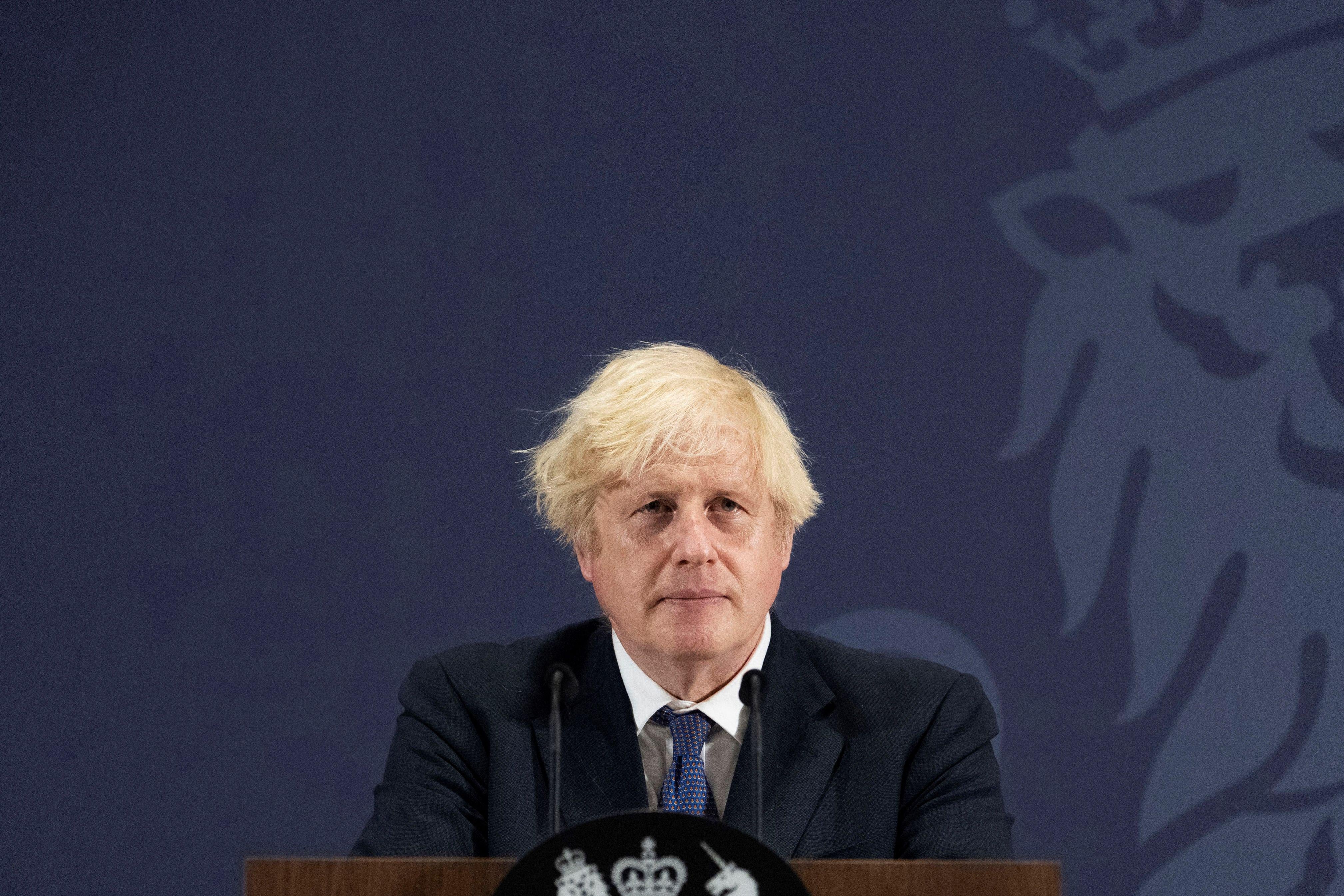British Prime Minister Boris Johnson will go into self-isolation for 10 days after he came into contact with a confirmed COVID-19 case. The move amounted to a reversal after Johnson and his top finance official, Rishi Sunak, came into contact recently with Health Secretary Sajid Javid, who tested positive for COVID-19 on Saturday. At first Johnson and Sunak said they would not isolate because they would join a pilot program that involved taking daily coronavirus tests to avoid quarantine. But that led to an uproar from critics who accused the government officials of a double standard.
When the National Health Service notifies a person of a close contact with someone who tested positive for COVID-19 they are supposed to self-isolate for 10 days, although it isn’t a legal requirement. Still, critics said that hundreds of thousands of people had been forced to go into quarantine and the pilot program sounded like another scheme to make sure the powerful could avoid the same rules as everybody else. “Boris Johnson and Rishi Sunak have been busted yet again for thinking the rules that we are all following don’t apply to them,” Keir Starmer, the leader of the opposition Labour Party, said. Johnson said Sunday that while they “did look briefly at the idea of us taking part in the pilot scheme … I think it’s far more important that everybody sticks to the same rules and that’s why I’m going to be self-isolating until Monday 26 July.”
The reversal by Johnson and Sunak became much of the focal point Sunday as the government scrambled to get everything in order for what British media outlets are calling “Freedom Day.” The government will lift COVID-19 related restrictions on Monday at a time when cases have been surging due to the highly transmissible Delta variant. The move amounts to a bet that vaccines will continue to be effective to reduce severe illness and deaths even as infections soar. If successful, it could become a blueprint for other countries with high vaccination rates to follow suit. But there are also lots of risks, including the possibility that a vaccine-resistant variant could emerge. Plus there’s the risk that surging cases could bring the economy to a halt anyway if lots of people are forced to go into isolation. On Sunday, Johnson said it was the right time to lift restrictions. “If we don’t do it now we’ve got to ask ourselves, when will we ever do it?” he said. “This is the right moment but we’ve got to do it cautiously. We’ve got to remember that this virus is sadly still out there.”
